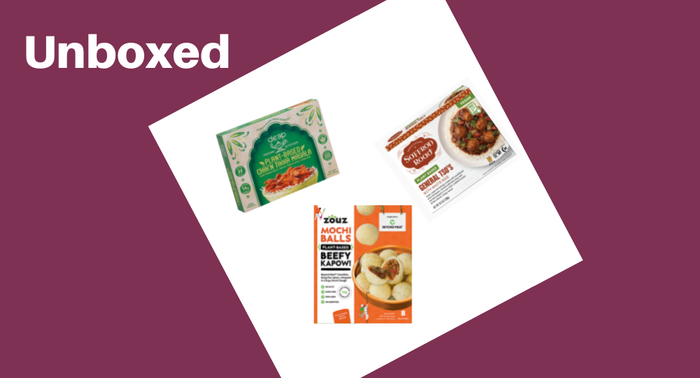Plant-powered meat alternatives are growing in the frozen foods space.

U.S. plant-based food retail sales are at an all-time high of $7.4 billion after growing 6.2% in 2021, according to SPINS. Frozen food purchases have increased in the dinner, snacks and breakfast categories.
As the frozen food market continues to expand, the demand for elevating nutrition and flavor may increase with product varieties in the global cuisines category. Consumers are interested in flavorful, nostalgic versions of the international recipes they know and love.
In 2021, plant-based meat sales reached $1.4 billion, according to SPINS. Additionally, plant-based chicken shreds and pulls grew 401.3%, with a $1.06 million change. The marketplace is steadily providing more plant-forward options. For brands to stay relevant and competitive, they need to provide more plant-based alternatives.
Frozen dishes can help consumers save money compared with what they may have spent eating at a restaurant. Prepared frozen meals are practical because they have a longer shelf life. Since it can also be time-consuming to cook a meal from scratch, frozen meals help reduce preparation time. Premium plant-based frozen foods allow consumers to access a variety of recipes from global cuisines. The frozen food market has transformed to include easy-to-make, innovative plant-forward options.
Consumers are eagerly adopting more plant-based meat options in their frozen food selections.
These plant-based versions of traditional, international dishes might be just what your shoppers are looking for.
Read more about:
UnboxedAbout the Author(s)
You May Also Like




